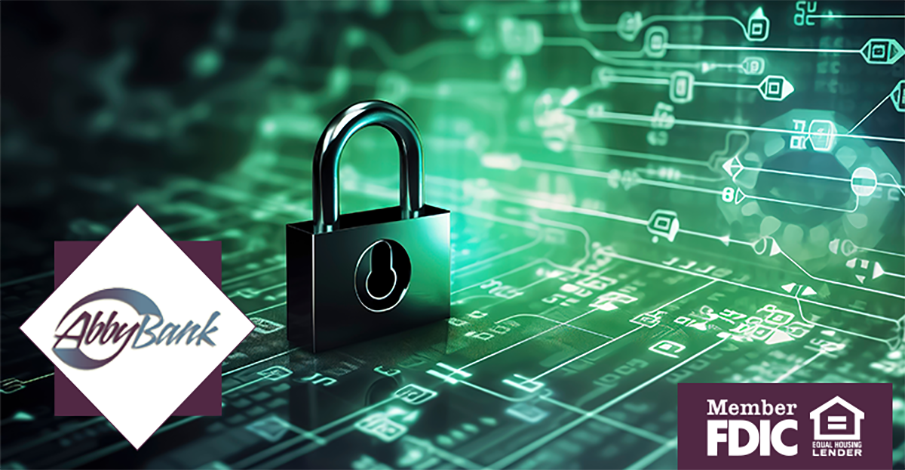Written by
Steps to Secure Your Social Media
1. Strong Password Protection
Having a strong and unique password is the top way to secure your account and provide the primary line of defense. With all the social accounts, it can seem easiest to reuse or have the same passwords for accounts. This is one of the top ways hackers can access your accounts. Instead of using similar or the same passwords for accounts, try a password manager to help you keep your passwords straight.
2. Adjust Your Privacy Settings
Many social media platforms allow you to adjust your privacy settings, making your profile and posts only available to friends you have approved. This is a great safety option to consider as it leaves your account less vulnerable to outsiders seeing what you’re doing, saying, and posting, which can help protect your privacy.
3. Do Not Accept Strangers Requests
This seems like a given, but do not accept strange friend requests. It is important to be extremely critical of messages and requests sent to you to avoid a potential hacker. It is more common that accounts may be fake profiles designed to spread false information or for a cybercrime – reject these requests. Also, if someone you already know sends a friend request, check in your friends list to make sure you don’t already have them in there. This is a common scam that happens where people will duplicate a profile.
4. Think About What You Share in Posts
It is very important to think about what you choose to share on your social platforms. Posting while on vacation or away for the night allows for viewers to know your whereabouts. This can also be true for tagged photos. Set your setting to have the ability to approve tags so you can control what you are seen in on your profile. Instead, consider posting once you have returned.
Also, regardless if your profile is private or public, it is true the internet is forever. What you post can indeed be saved and shared again. It’s as simple as taking a screenshot. If you don’t want it out there, forever or otherwise, simply don’t post it.
5. Keep an Eye Out for Scams
Phishing attacks don’t only happen in emails but on social platforms as well. The same rules apply – do not respond or click and report a scam. Keep your personal information close, don’t pass out your email, address, or other info as well. Even those so-called “quiz” posts and websites can be ruses designed to steal bits and pieces of personal info that can be used as the basis of an attack.
Take this as an opportunity to check and adjust your social media habits and settings for top protection!



